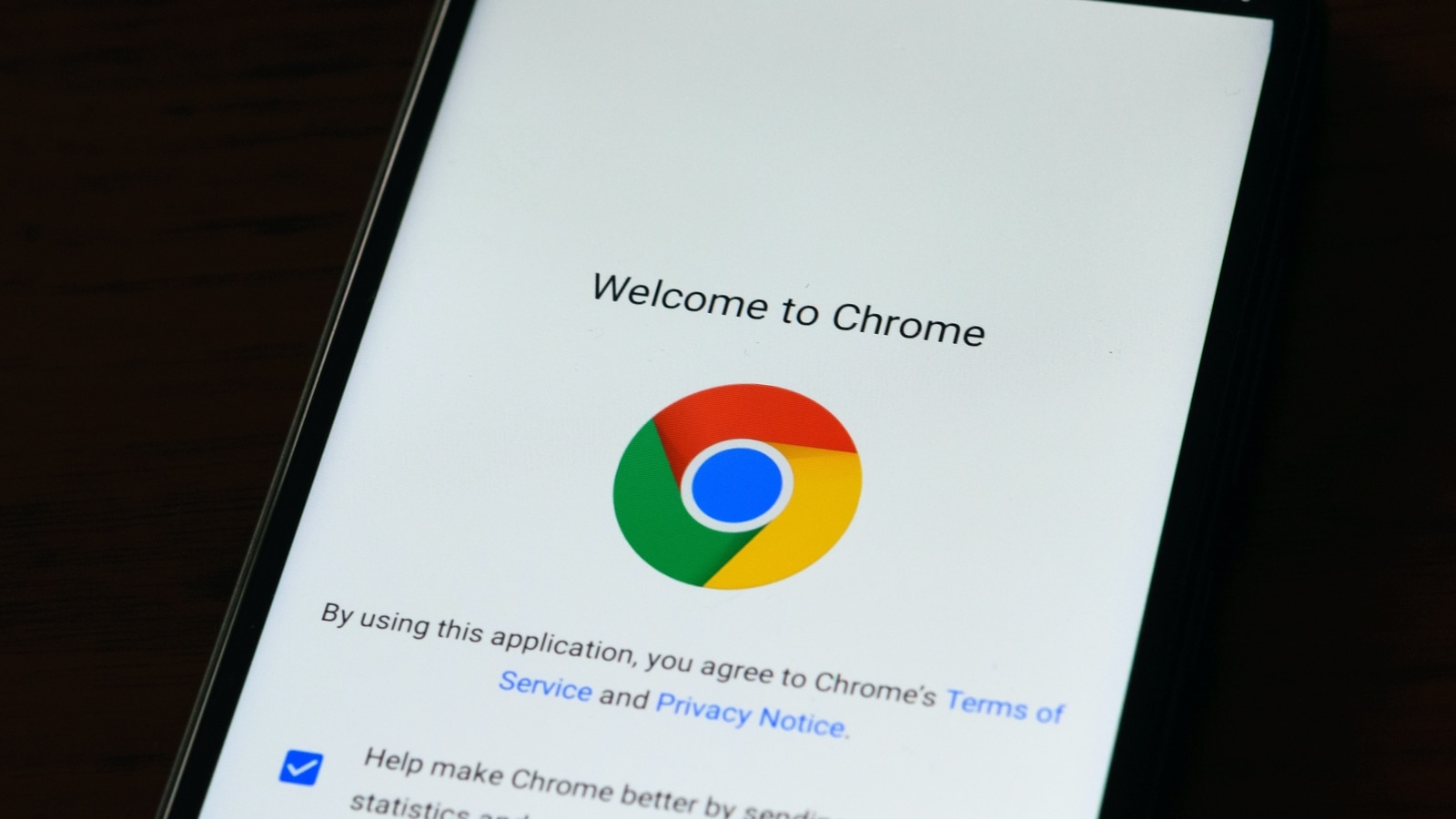Google Chrome is the most used web browser across the globe and millions of users access the Google owned browser everyday. As our reliance on the internet is increasing, we often share a lot of personal details and sensitive information including location, banking details and others via our browser. To keep the users safe, Google adds new security measures to Chrome from time to time. However, fraudsters often find a way to dupe victims. To keep users safe, the Indian government has issued a warning for users of Google Chrome version prior to 128.0.6613.113/.114 for Windows, Mac and Linux users. As per warning by The Indian Computer Emergency Response Team (CERT-In) under the Ministry of Electronics and Information Technology, multiple vulnerabilities have been reported in Google Chrome browser which can allow a remote attacker to cause denial of service or execute arbitrary code on the targeted system.
Also read: Left IT job; forced to be a waiter: Techie shares his big mistake about ‘rage quitting’ on Reddit
Google periodically releases updates for its browser to ensure users have the latest features and security improvements. However, many users neglect to update the app regularly due to issues such as limited data, insufficient storage, or convenience. Devices running outdated versions of the app are more susceptible to exploitation due to known vulnerabilities. Recently, the Indian government has highlighted several of these dangerous vulnerabilities in a warning to Google app users.
Also read: Google’s Gemini AI arrives on Gmail for Android, here’s how it makes your work life easier
Why Google Chrome users are at risk
According to CERT-In, these vulnerabilities exist in Google Chrome due to Type Confusion in V8 and Heap buffer overflow in Skia. A remote attacker could exploit these vulnerabilities by sending a specially crafted request on the targeted system.
Also read: iPhone SE 4 launch likely in March: Apple Intelligence, 8GB RAM, iPhone 16 design and more at just Rs…
Successful exploitation of these vulnerabilities could allow a remote attacker to cause denial of service or execute arbitrary code on the targeted system. To avoid any swindling, users should apply appropriate patches as mentioned by Google.
One more thing! We are now on WhatsApp Channels! Follow us there so you never miss any updates from the world of technology. To follow the HT Tech channel on WhatsApp, click here to join now!






